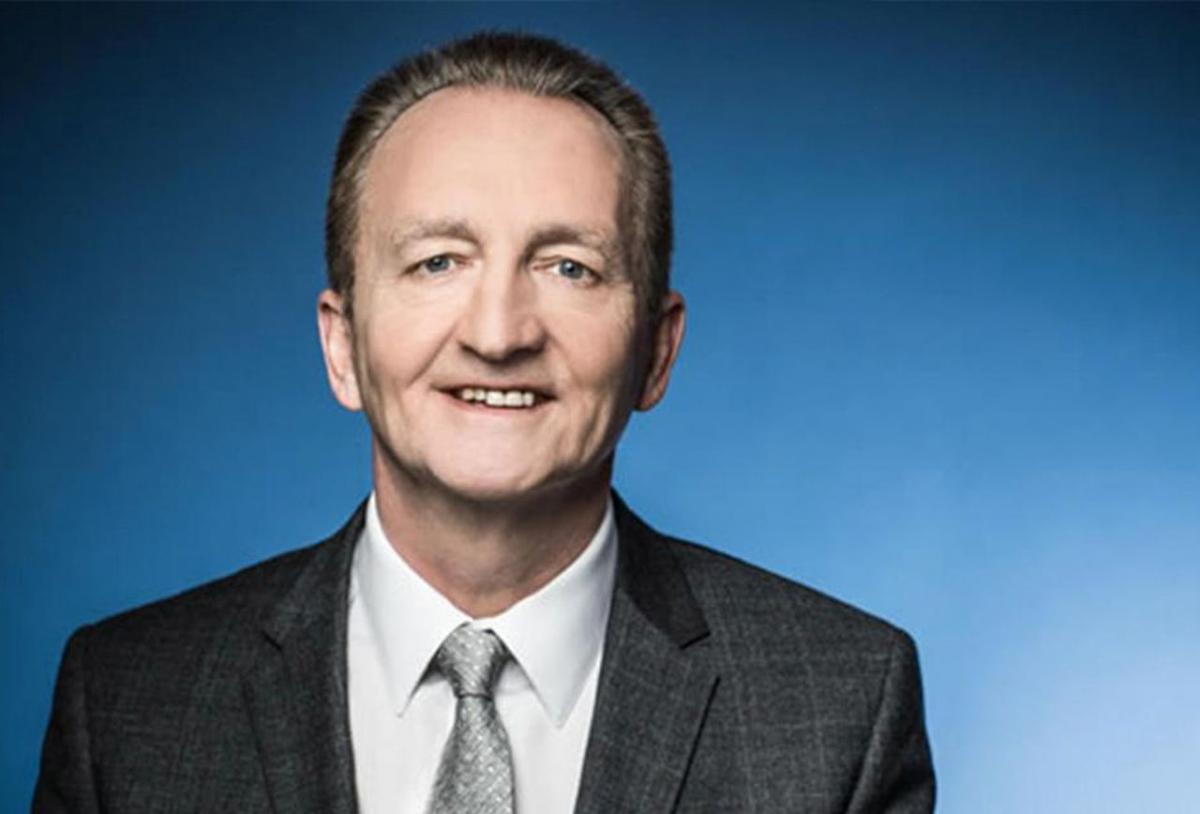Society Is Counting on Us to Take Action on Sustainability and We Are Stepping Up
By Grant F. Reid

As world leaders came together in New York this week for the United Nations General Assembly and Climate Week, it is more important than ever that this convening yields significant action and partnership between business, governments and NGOs. Society is counting on those with leadership responsibility to take action on the big issues facing our global community— including climate change, poverty, obesity, water stress and damage to the world’s ecosystems.
Mars was well-represented in New York. Subject matter experts on sustainability, commercial buying, public policy and more were on the ground alongside senior leaders including the Chairman of our Board and Mars family members. A year ago, at this same time, Mars launched our own Sustainable in a Generation Plan and a $1bn commitment to accelerate our ability to achieve the ambitious sustainability targets we’ve set ourselves. This plan is about us doing our part to deliver the Sustainable Development Goals and future proofing how we operate to ensure our resiliency as a business that wants to thrive for generations to come.
As the plan’s name suggests, this won’t be a quick fix and delivering on our targets won’t be easy. But, we are unwavering in our commitment to take action and transparently report on our progress. At the heart of this plan is a fundamental transformation that expands our sustainability focus beyond our operations into the global supply chains that serve as the engine of all businesses.
We believe that engine is broken. They aren’t providing universal opportunities to earn a decent living, and many are vulnerable to human rights risks. While many companies, like Mars, have been working to address these challenges for years, the current rate of progress isn’t enough. It is clear that we need to reinvent how commodities are sourced to protect our natural resources and allow future generations of farmers to thrive.
Responsible and sustainable sourcing is key to our sustainability ambitions, and frankly, where we can make the most material contribution to improving environmental and social sustainability. To that end, we have expanded the role of our Chief Sustainability Officer, Barry Parkin, to include oversight of both Procurement and Sustainability. Creating a meaningful connection between these strategies enables us to bring sustainability into the core of our commercial business: procuring the materials to make our products.
After a thorough assessment of our supply chain ‘footprint’, we’ve prioritized work on ten raw materials that make up the majority of our environmental and social impacts ---rice, fish, beef, soy, palm oil, pulp & paper, cocoa, mint, dairy and sugar cane.
We’ve spent the last year developing new sourcing strategies for each material -- a model where we remove layers between us and the farmers or farmers’ cooperative supplying our ingredients, and build longer-term relationships with those suppliers based on their ability to deliver quality ingredients at a good value which have been sustainably sourced.
Our initial work in basmati rice is a good example. We have partnered with more than 600 farmers and farmer organizations in Pakistan to bring this new buying model to life. The outcome has been a 30 percent reduction in water use, a 30 percent increase in farmer incomes and a 30 percent cost reduction for our business. We’re reinvesting half of those savings into on-the-ground work with these farmers on things like sound agricultural practices. It's exactly the type of mutual ‘win-win’ we are striving for and which we believe must be the outcome of future procurement strategies.
Another example is our work with the Livelihoods Fund for Family Farming, which we co-founded with Danone and others in 2015. This fund is investing 120 million euros to develop sustainable agriculture projects that improve incomes for 200,000 smallholder farmers, while also tackling food security and restoring fragile ecosystems.
In Madagascar, for instance, we have been working with vanilla farmers over the last year, and the approach is on track to increase farmers’ revenues and incentivize sustainable growing practices with long-term commitments to buy their vanilla.
In our first year of our Sustainable in a Generation Plan, we’ve advanced well in some areas, like renewable energy in our operations, and gathered some important insights which are starting to drive improvements in our supply chains.
We know that it will take time to deliver the material results that we want to see across our commitments, but that can’t translate into a lack of urgency. We’re proud to be joining those gathered in New York for United Nations General Assembly and Climate Week, and we are committed to doing our part to create our best tomorrow by transforming how we do business today.
#GenerationForChange

